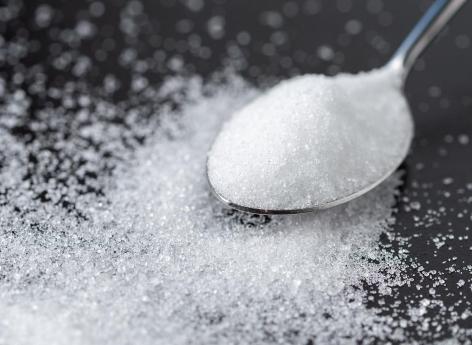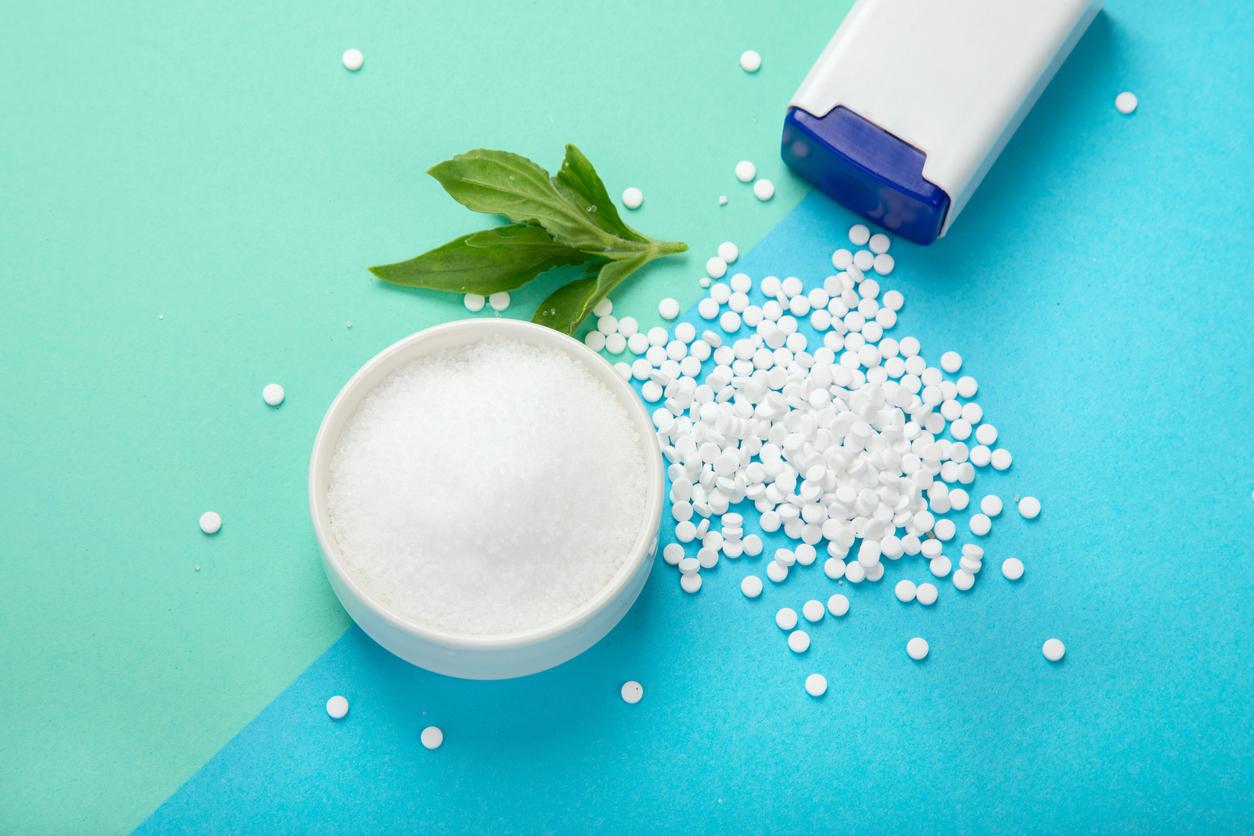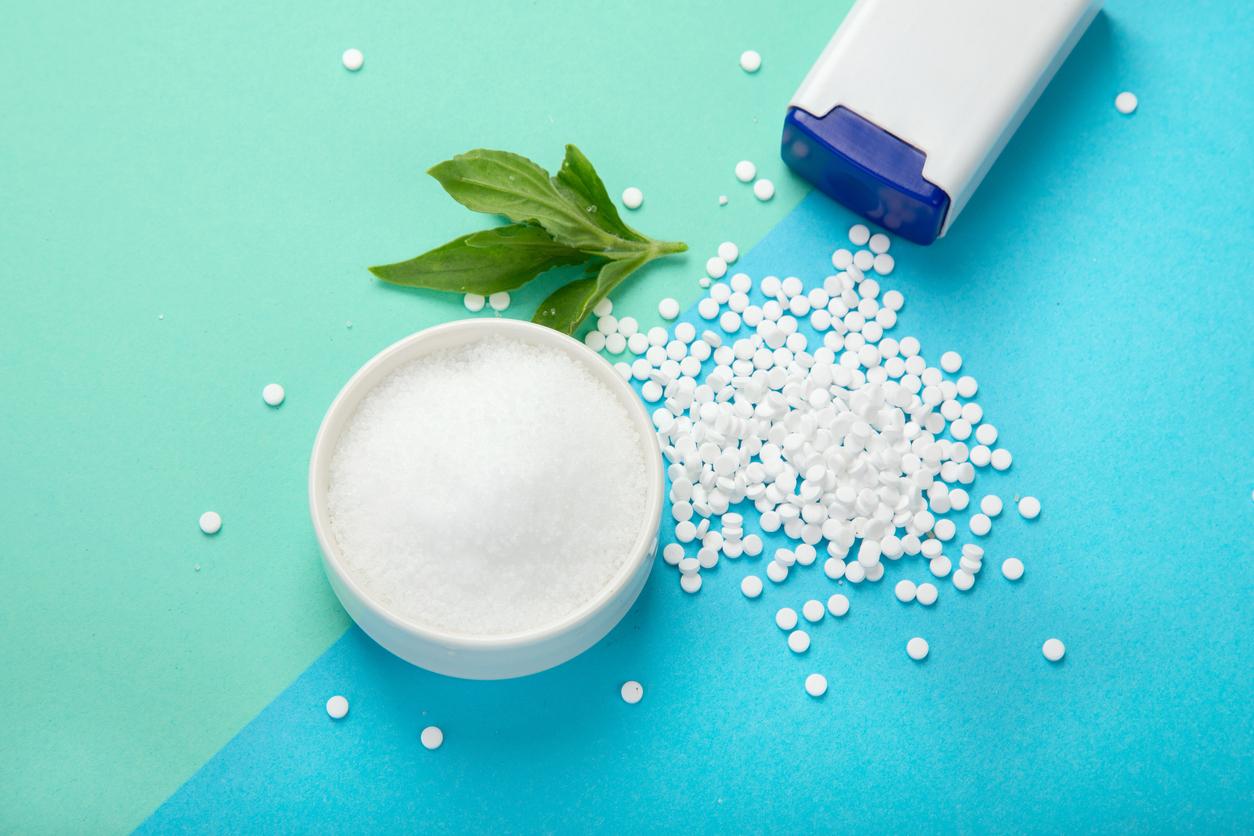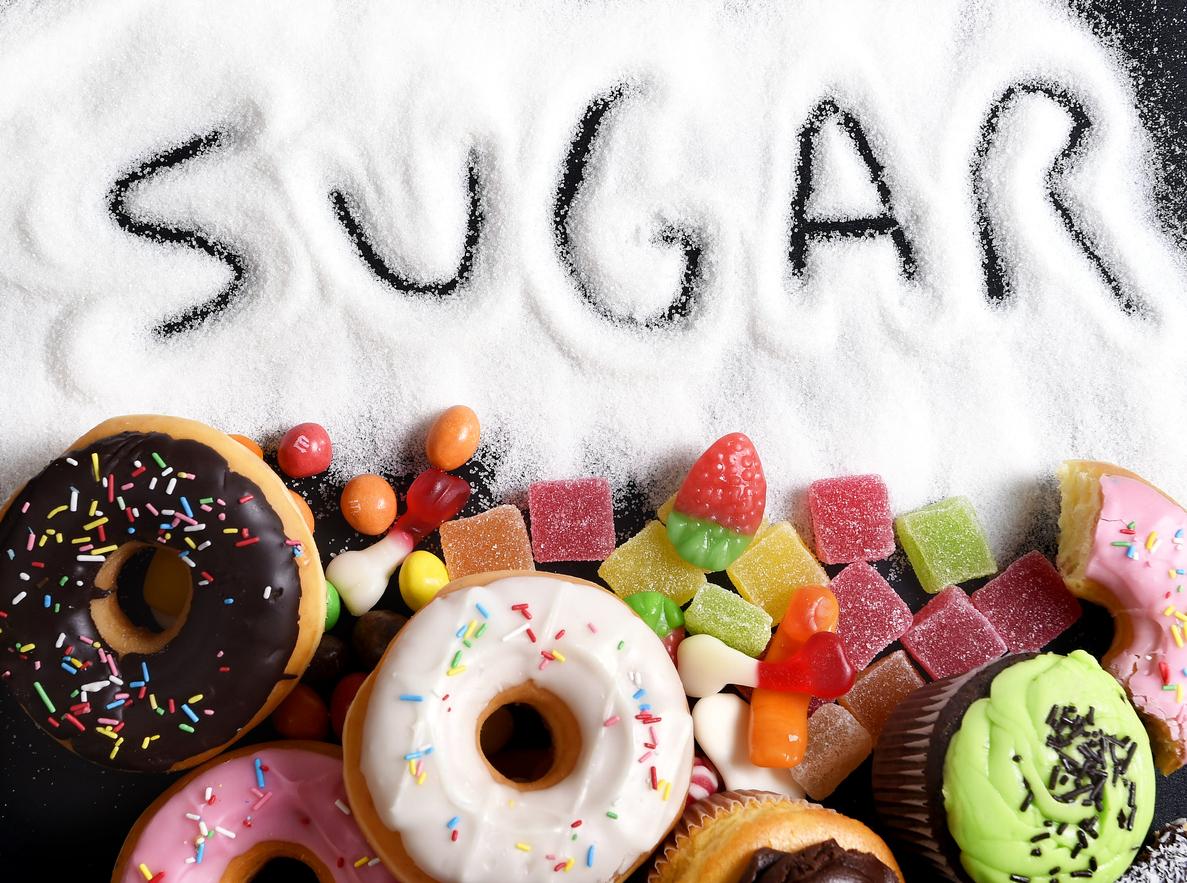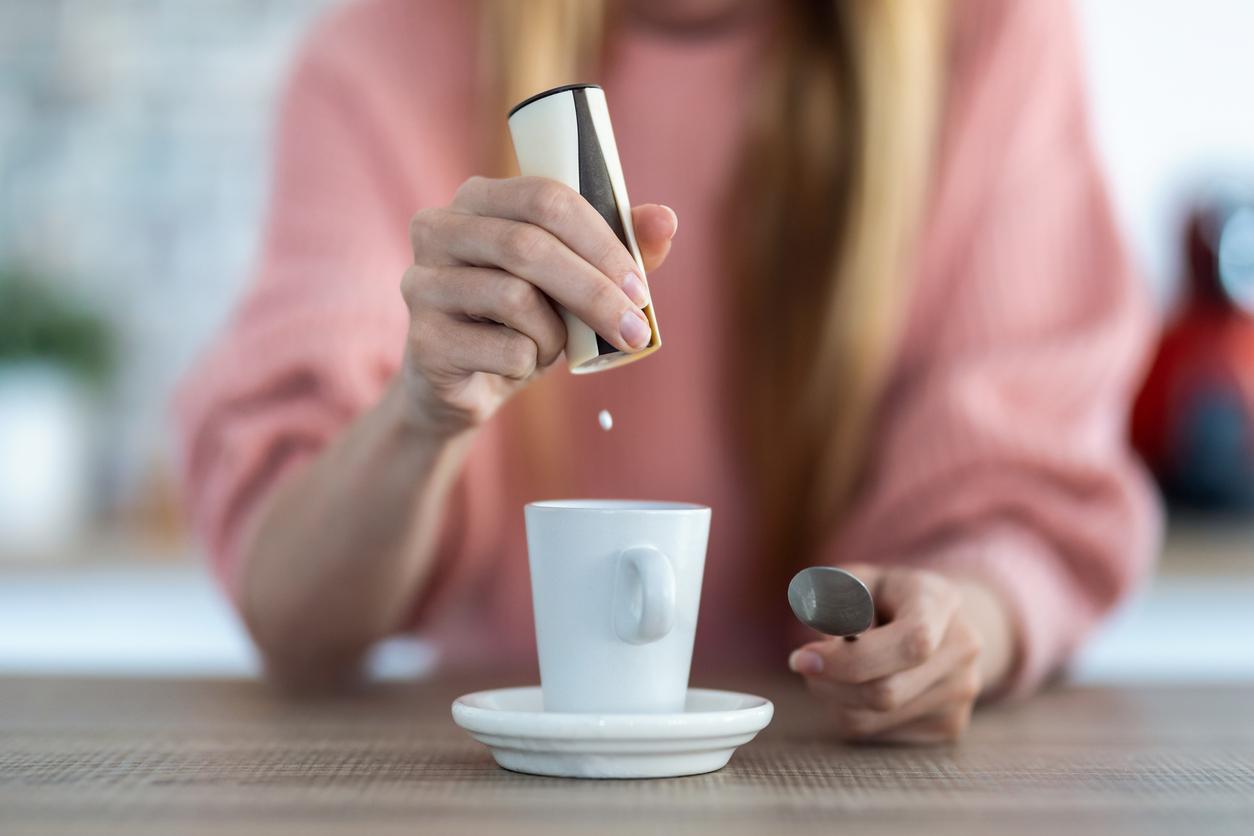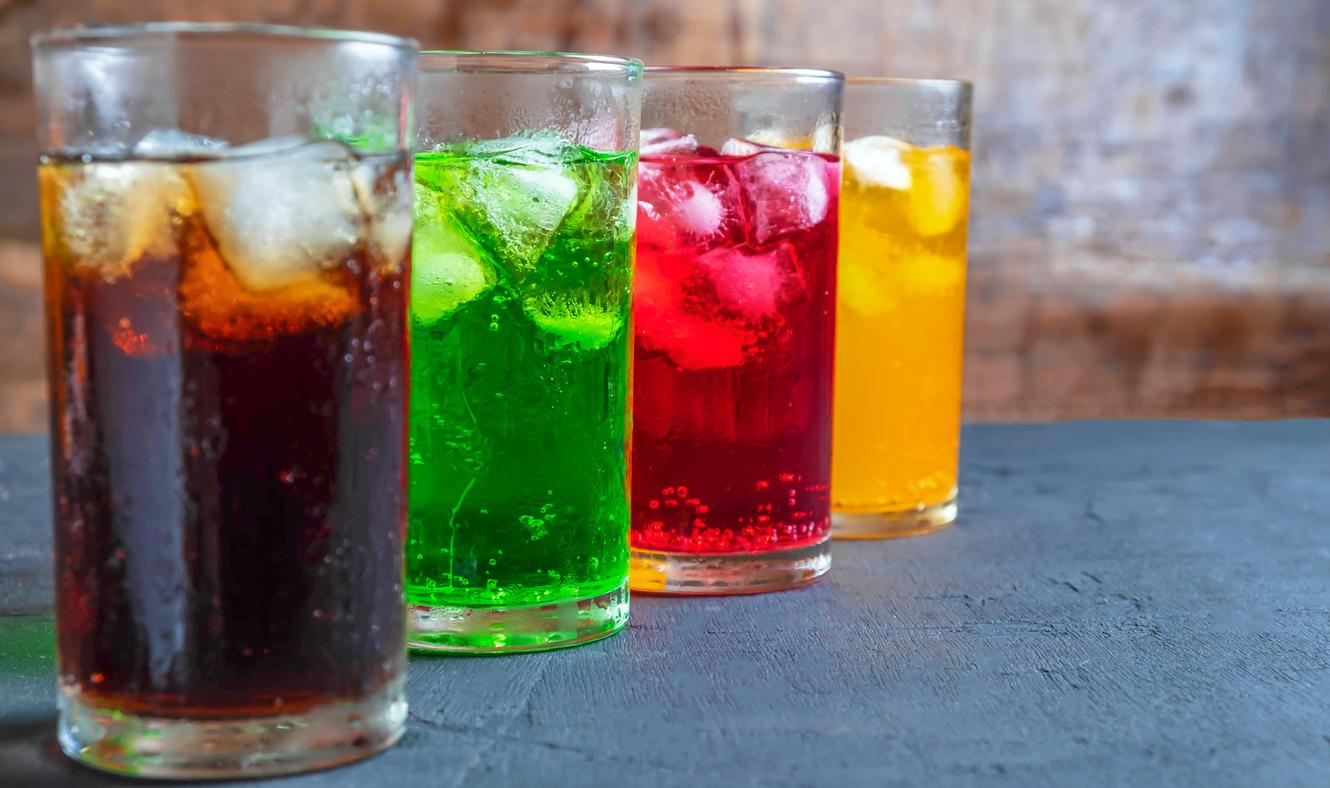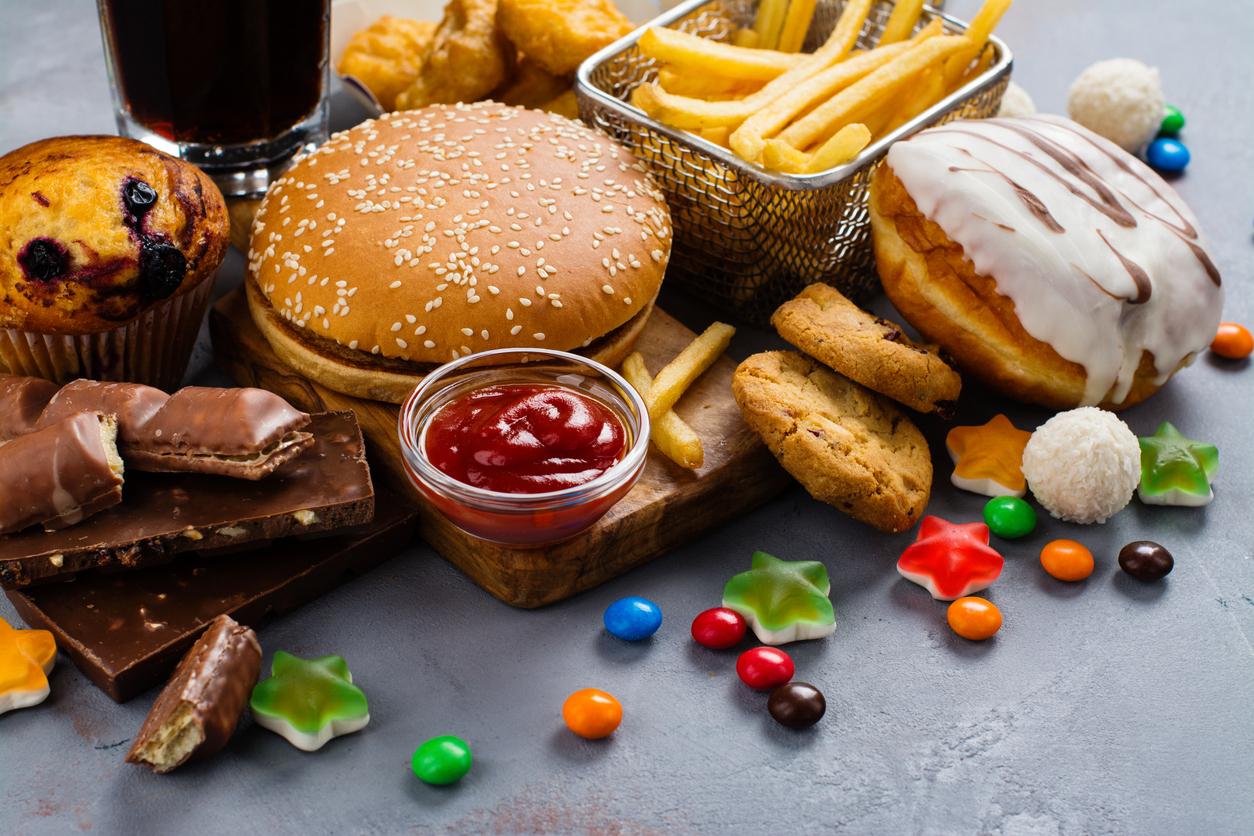Several studies have already shown that the regular consumption of artificial sweeteners increases the risk of cancer or cardiovascular disease. A new study, conducted on sucralose, and more specifically on sucralose-6-acetate, a chemical compound produced when sucralose is ingested and metabolized in the body, shows that this sweetener would also be able to damage DNA through cells.
To put this discovery into context, the European Food Safety Authority has set a threshold of toxicological concern for all genotoxic substances (i.e. substances that affect DNA) which is 0.15 micrograms. per person per day,” says study co-author Susan Schiffman of the University of North Carolina. “Our work suggests that traces of sucralose-6-acetate in a single daily sucralose-sweetened drink exceed this threshold. And that’s not even taking into account the amount of sucralose-6-acetate produced as metabolites after people consume sucralose.”
An intestinal wall that becomes permeable
The researchers conducted in vitro tests on human blood cells and intestinal wall tissue to see the reaction to sucralose and the compound sucralose-6-acetate. These tests confirmed that sucrose and sucralose-6-acetate damage DNA but also “we found that both chemicals cause ‘leaky gut’, i.e. they make the lining more permeable bowel.
However, an overly permeable gut means that partially digested food and toxins can seep into the bloodstream, which can later impact many different parts of the body.
“It is time to review the safety and regulatory status of sucralose as evidence mounts that it carries significant risks.” conclude the researchers.
Source : Toxicological and pharmacokinetic properties of sucralose-6-acetate and its parent sucralose: in vitro screening assaysJournal of toxycology and environmental health, June 2023









